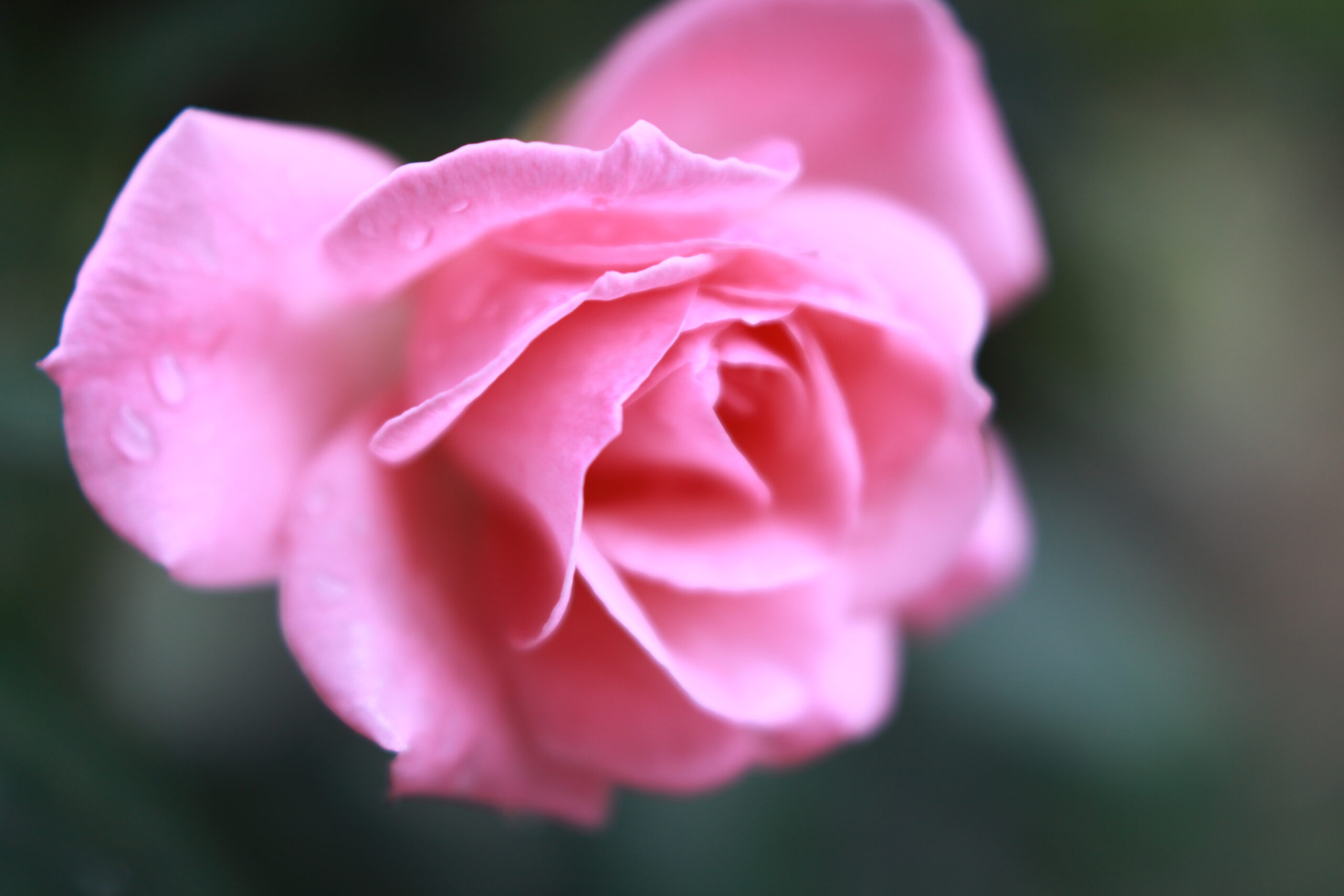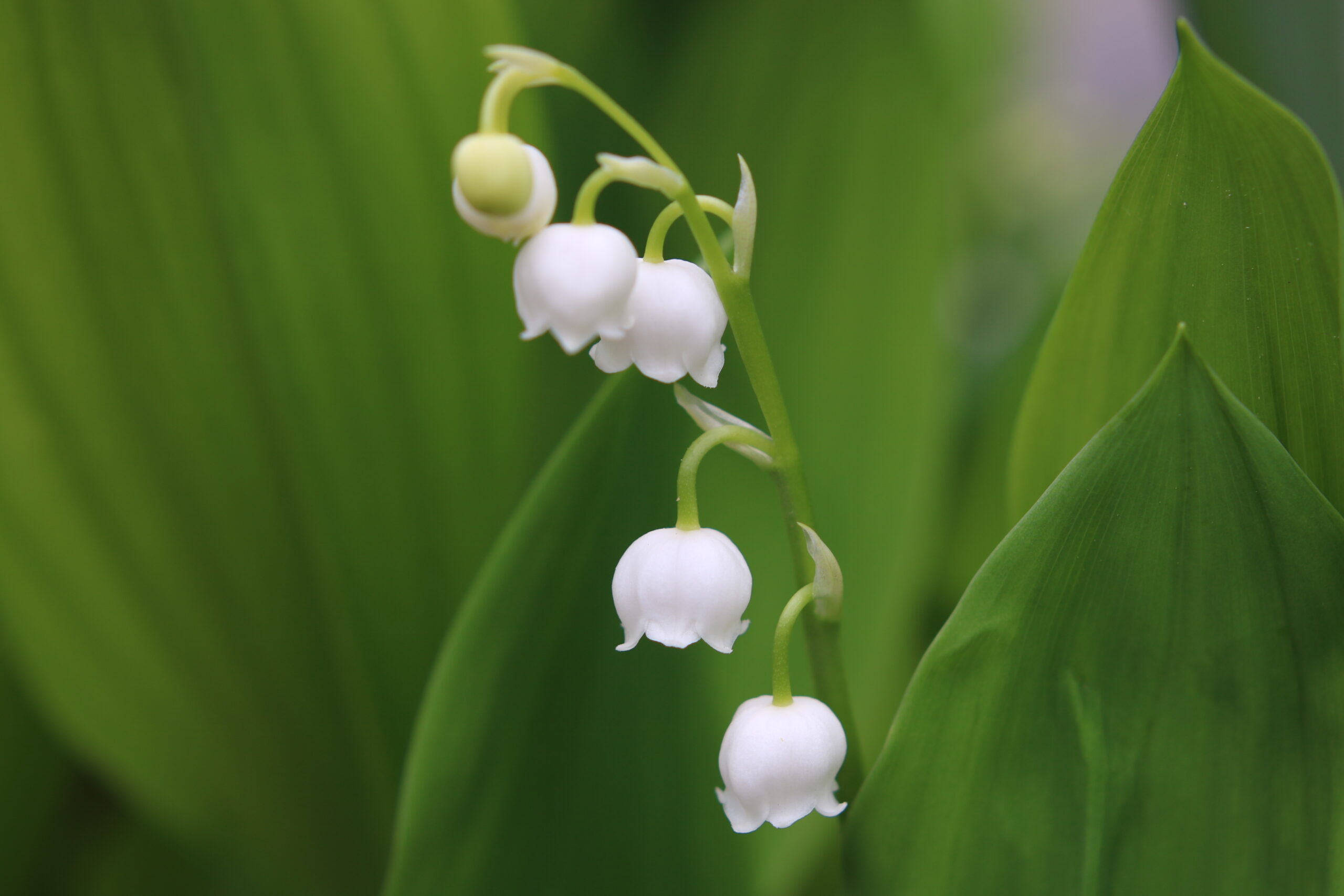Can I bring seeds to Japan?

Can I bring Seeds to Japan?
Bringing Seeds to Japan: Navigating Plant Quarantine Regulations
With a landscape as beautifully diverse as Japan’s, it’s natural for visitors to be tempted to introduce seeds from other parts of the world. However, stringent measures are in place to ensure the protection of Japan’s unique environment. These measures are especially vital given the numerous pests and diseases abroad that could potentially harm Japan’s agricultural and green spaces.
Understanding the Risks
Numerous pests and diseases from overseas can pose severe threats to Japanese agriculture and the environment. The presence of these foreign pests can destabilize the local ecosystem, resulting in long-term and possibly irreversible damage. To prevent the influx of such harmful organisms, plant quarantine measures have been put in place for all imported plants and plant products.
Legal Requirements and Procedures
- Mandatory Inspection: The Plant Quarantine Act mandates that plants being brought into Japan, such as fruits, vegetables, grains, cut flowers, seeds, seedlings, and beans, must undergo an import inspection.
- Phytosanitary Certificate: This certificate, issued by the governmental agencies of the exporting country, confirms that the plant products have been inspected and are free from harmful pests and diseases. Any plant imported without this certificate will be disposed of according to the Plant Quarantine Act.
- Penalties for Non-compliance: Failure to attach the Phytosanitary Certificate or undergo the import inspection can result in a penalty of up to 3 years in prison or a fine of up to 3 million yen.
Restricted and Prohibited Items
Several plants are either restricted or entirely prohibited from being imported into Japan, depending on the country or region of origin and the potential pests or diseases associated with them.
- Items Under Import Prohibition: Some plants are strictly prohibited due to the severe threat they pose if introduced. This list includes soil, plants with soil attached, pests harmful to plants, rice straw, and rice chaff (excluding those from the Korean Peninsula and Taiwan). There are also specific fruits and vegetables that are banned depending on their country or region of production.
- Necessary Import Inspections: Plants not falling under the prohibited category still require an import inspection. These may include seedlings, bulbs, seeds, cut flowers, vegetables, fruits, grains, beans, wood, spices, and traditional medicine ingredients.
For Travellers Bringing Plants
Even plants purchased at duty-free shops or those brought as souvenirs must undergo the import inspection to ensure they are pest-free.
Before passing through customs, ensure you visit the plant quarantine counter for the required inspection. If your plants come with a Phytosanitary Certificate, submit it to the quarantine official. Once cleared, an inspection stamp is given, without which the plants cannot pass through customs. Remember, some plants may not require a certificate, but it’s best to check with the Plant Quarantine Station beforehand to avoid potential penalties.

In Conclusion
When considering bringing seeds or any other plant products to Japan, it’s crucial to familiarize oneself with the country’s strict plant quarantine regulations. This proactive approach not only ensures a smooth entry process but also plays a vital role in preserving Japan’s rich and diverse environment.












